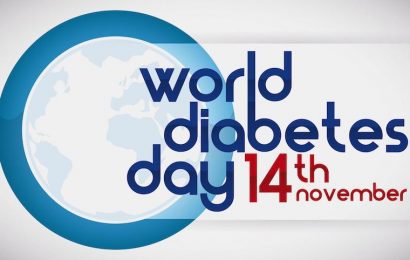Here at Diabetes Self-Management, we often give advice about how to limit health-care expenses — for everything from diabetes education to prescription drugs. We even have a section of our Web site, Money Matters, devoted to the topic. But just like all other categories of health information, advice on how to save money is not all equally simple to put into practice. Some tips (“ask your doctor about generic alternatives”) are just easier for most people to follow than others (“look into drug cost assistance programs”). For many people, an especially daunting task is discussing finances with their doctor — especially when this entails negotiating, rather than just asking about outside savings. How should you go about having such a discussion?
A recent article in The New York Times offers some advice on how to discuss — and negotiate — prices with a doctor. This Patient Money column features an interview with Dr. Jeffrey Kullgren, a clinical scholar at the University of Pennsylvania who specializes in research on consumer-driven health care. Kullgren gives practical guidance on a number of topics, including the following points:
• There’s no perfect moment to discuss costs with your doctor. It’s often best to bring up the subject early, to enable as full of a conversation on the topic as needed.
• Get as clear an idea of the tests and procedures you will require as you can; this enables discussions on the billing specifics of those procedures, such as how much insurance covers and how much you will pay.
• Before negotiating or comparing prices, find out what the typical price for a procedure is. Some states publish this information; another useful resource is www.healthcarebluebook.com.
• Don’t hesitate to compare prices and negotiate over the phone. Ask for the discounted rate that the provider gives to health insurance companies.
• In addition to discussing cheaper alternatives to specific drugs, go through all of your prescription medicines with your doctor periodically. It’s possible that your overall drug regimen could be scaled back in a way that saves money and gives you the treatment you need.
While the interview aims to demystify the process of discussing costs, many patients may still be hesitant to follow its advice. After all, the ideal doctor–patient relationship involves collaboration and trust, and negotiating prices can lead to discomfort by making medical care feel like more of a commodity. But for people without health insurance or whose insurance coverage leaves significant gaps, an all-too-common alternative to negotiating is skipping prescriptions and going without recommended tests and procedures.
Do you, or would you, find it difficult to discuss prices with your doctor? Have you ever negotiated the price of a test or procedure? If so, do you have any tips for getting a good deal? Is it a good or bad thing when patients choose — or are forced — to take the lead in controlling the costs of their care? Leave a comment below!




